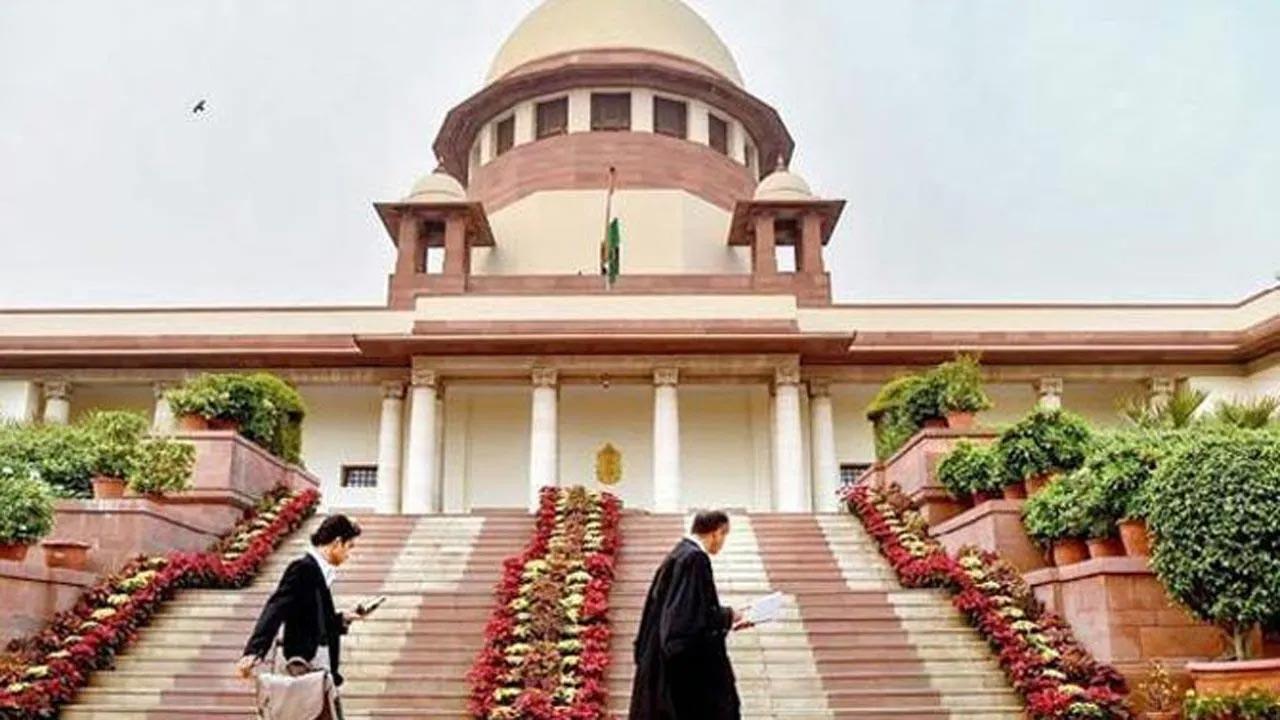A bench headed by Chief justice N V Ramana said the main concern was about the "misuse of law", and asked as to why the Centre, which is repealing stale laws, was not getting rid of this provision

Supreme Court
The Supreme Court on Thursday questioned the Centre on the utility of having sedition law even after 75 years of independence. The Court also expressed its concern on sedition law being misused by police against persons who speak against the government.
ADVERTISEMENT
A bench headed by Chief Justice N.V. Ramana said: "It is a colonial law used by the British to silence Mahatma Gandhi, Tilak. Still, it is necessary after 75 years of independence?" Chief Justice told Attorney General K.K. Venugopal, "I am indicating, what I am thinking".
The bench cited the example of continued usage of section 66A of the I-T Act, which was quashed, and emphasized on the abuse of the law to arrest thousands for airing their views. The top court pointed out that sedition law is also not immune to misuse by police against persons who speak against the government. "It is like you give a saw to carpenter, he will cut the entire forest. This is the impact of this law", said the Chief Justice.
He further elaborated that police officers even in a village can invoke sedition law, and all these issues are required to be examined. "My concern is the misuse of law. There is no accountability of executing agencies. I will look into it", said the Chief Justice.
Also Read: Supreme Court seeks Centre, Attorney General's response on plea challenging sedition law
The Chief Justice told AG, the government has already taken out several stale laws, "I don't know why you are not looking into this law". Venugopal replied that he completely understands the concern of the top court. He submitted that the top court could lay down fresh guidelines to restrict the use of the sedition provision only for protection of nation and democratic institutions. Venugopal emphasized instead of taking out the entire law, parameters could be laid down on its usage.
Solicitor General Tushar Mehta submitted that once the Centre files its counter affidavit on the PIL by retired major general S.G. Vombatkere, the court's task will be easier.
The top court's observations came on plea by Mysuru-based Major General S.G. Vombatkere challenging the constitutional validity of Section 124A (sedition) of the IPC with a maximum penalty of life imprisonment. On July 12, another bench of the Supreme Court had sought response from the Centre and Attorney General on a plea challenging the constitutionality of the offence of sedition under Section 124A of the Indian Penal Code.
This story has been sourced from a third party syndicated feed, agencies. Mid-day accepts no responsibility or liability for its dependability, trustworthiness, reliability and data of the text. Mid-day management/mid-day.com reserves the sole right to alter, delete or remove (without notice) the content in its absolute discretion for any reason whatsoever.
 Subscribe today by clicking the link and stay updated with the latest news!" Click here!
Subscribe today by clicking the link and stay updated with the latest news!" Click here!






